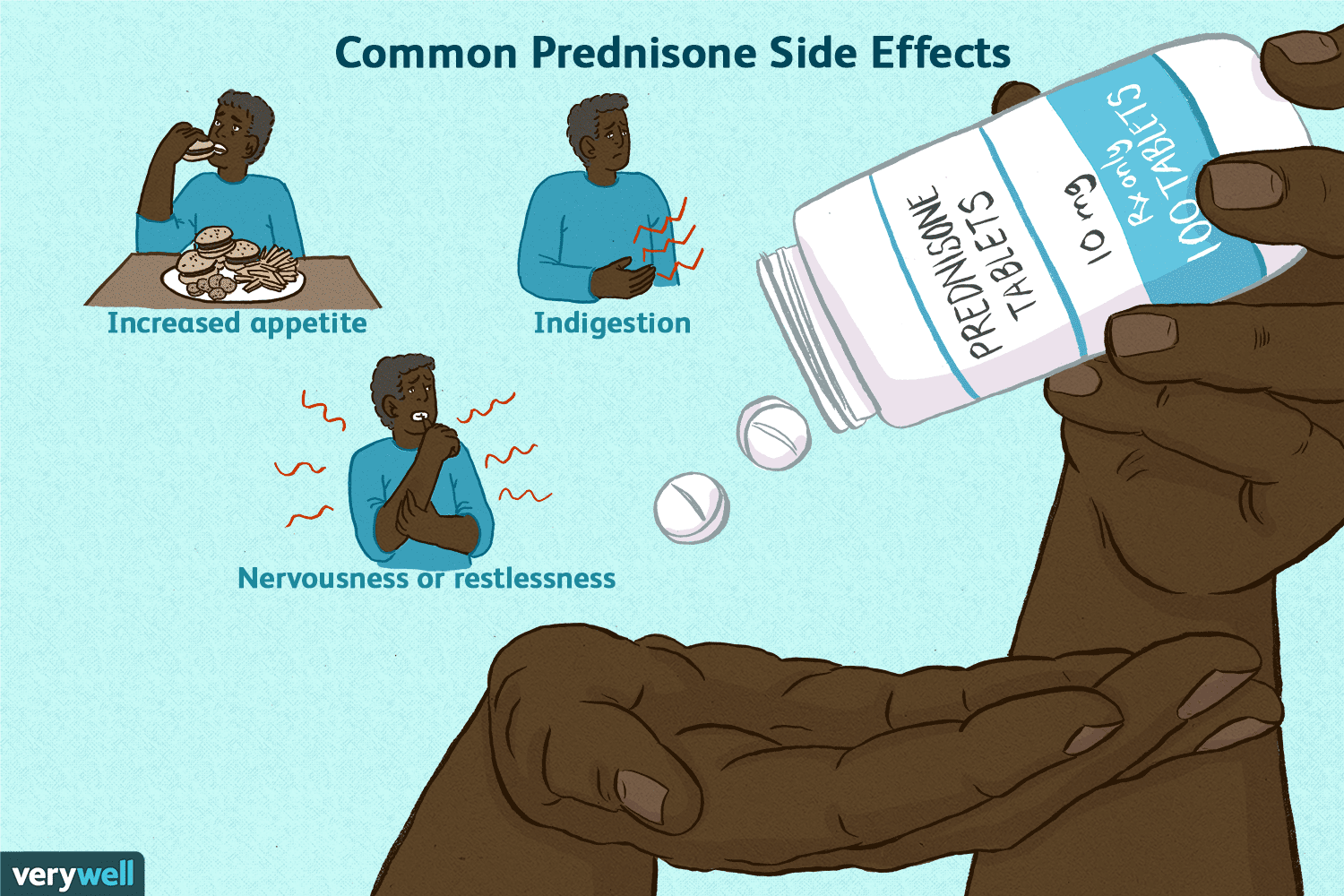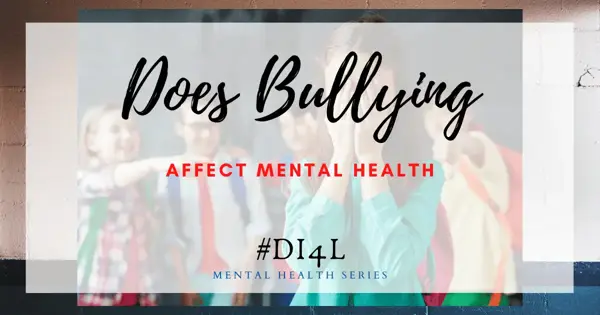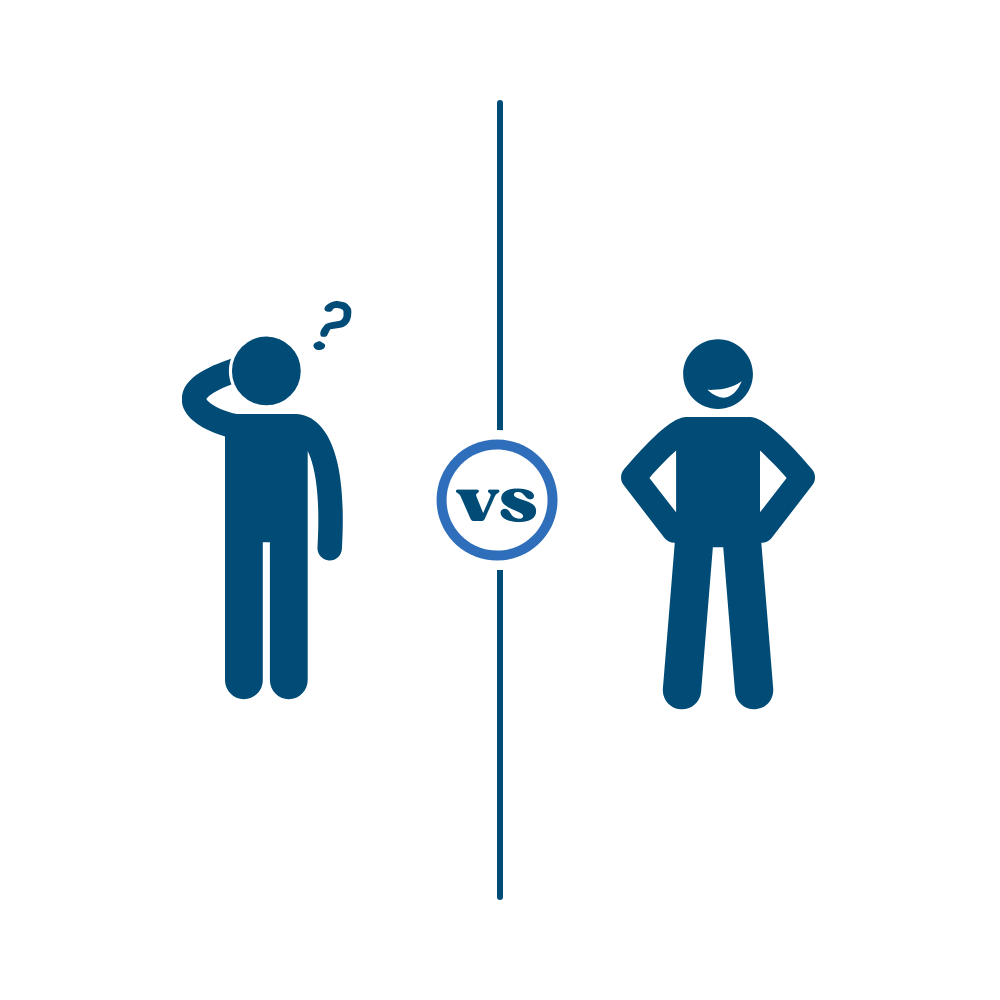Table of Contents:
- Introduction
- Emotional Effects
- Psychological Effects
- Physical Effects
- Social Effects
- Coping Mechanisms
- Prevention Strategies
Introduction
Bullying is a pervasive issue that affects individuals of all ages and backgrounds. It can have lasting impacts on a person's mental health and well-being.
Emotional Effects
Bullying can lead to feelings of anxiety, depression, and low self-esteem. Victims may experience intense sadness and fear as a result of being targeted by bullies.
Bullying can have a detrimental impact on a person's mental health, leading to a range of emotional effects. Being a victim of bullying can result in feelings of fear, anxiety, and low self-esteem. It can also lead to feelings of isolation and loneliness, as victims may struggle to trust others and form meaningful relationships.
Additionally, being bullied can contribute to the development of mental health disorders such as depression and anxiety. These conditions can significantly impact a person's overall well-being and quality of life. It is important for individuals who are experiencing bullying to seek support and assistance in order to address the emotional effects and protect their mental health.

Psychological Effects
Long-term exposure to bullying can result in psychological disorders such as post-traumatic stress disorder (PTSD) and even suicidal ideation. The constant harassment and intimidation can have a profound impact on a person's mental state.
Bullying can have a significant impact on a person's mental health. It can lead to feelings of anxiety, depression, low self-esteem, and even post-traumatic stress disorder. The constant harassment and abuse from bullies can leave lasting emotional scars and have long-term consequences on a person's well-being.
Studies have shown that individuals who are bullied are at a higher risk of developing mental health issues such as anxiety and depression. This can lead to difficulty concentrating, sleeping problems, and changes in appetite. Victims of bullying may also experience feelings of helplessness, hopelessness, and worthlessness, which can impact their overall mental health.
Furthermore, being the target of bullying can erode a person's self-esteem and confidence. This can lead to social withdrawal, difficulty forming relationships, and a reluctance to speak up or seek help. The psychological effects of bullying can be long-lasting and can impact a person's mental health well into adulthood.
It is important to address and combat bullying to protect the mental health and well-being of individuals. Creating a safe and supportive environment where individuals feel comfortable reporting bullying behavior can help prevent these negative psychological effects. Seeking professional help and support is also crucial in managing the emotional toll of bullying on mental health.

Physical Effects
In addition to the emotional and psychological toll, bullying can also manifest in physical symptoms such as headaches, stomachaches, and fatigue. The stress of being bullied can take a physical toll on the body.
Physical Effects of Bullying on Mental Health
Bullying can have serious physical effects on an individual's mental health. When a person is constantly subjected to bullying, their body goes into a state of constant stress and anxiety. This can lead to physical symptoms such as headaches, stomachaches, and even a weakened immune system.
Furthermore, the emotional toll of bullying can also manifest itself in physical ways. Many victims of bullying experience difficulty sleeping, loss of appetite, and even physical injuries from physical altercations with their bullies.
It is important to recognize nutrition physical how does affect your mental health and seek help and support from trusted individuals or mental health professionals. No one should have to suffer in silence, and there are resources available to help individuals cope with the physical and emotional effects of bullying.

Social Effects
Bullying can damage a person's social relationships and lead to isolation and loneliness. Victims may have trouble forming friendships and may feel disconnected from their peers.
The social effects of bullying can have a significant impact on an individual's mental health. Bullying can lead to feelings of isolation, low self-esteem, and depression. It can also result in increased levels of anxiety and stress.
Being a victim of bullying can cause an individual to withdraw from social situations and become more guarded in their interactions with others. This can lead to difficulties in forming and maintaining relationships, both in person and online.
In addition, the emotional toll of being bullied can result in feelings of helplessness and worthlessness. This can negatively affect one's overall mental well-being and make it difficult to cope with the challenges of daily life.
It is important to address bullying and its effects on mental health to ensure that individuals receive the support they need to heal and thrive. Seeking help from mental health professionals, talking to trusted friends or family members, and practicing self-care strategies can all be helpful in managing the social effects of bullying on mental health.

Coping Mechanisms
It is important for individuals who have been bullied to seek support from trusted friends, family members, or mental health professionals. Developing healthy coping mechanisms can help individuals navigate the emotional fallout from bullying.
Bullying can have a profound impact on mental health, leading to feelings of anxiety, depression, and low self-esteem. It is important to develop coping mechanisms to manage the negative effects of bullying on mental well-being.
Identifying Coping Mechanisms
Some effective coping mechanisms for dealing with bullying include seeking support from trusted friends and family members, practicing self-care activities such as exercise and meditation, and seeking professional help from a therapist or counselor.
Effects of Bullying on Mental Health
Bullying can cause long-lasting emotional trauma and can have a negative impact on self-esteem and overall mental well-being. It is crucial to address the effects of bullying on mental health in order to prevent further damage.
Developing coping mechanisms and seeking support are essential steps in managing the effects of bullying on mental health. By taking proactive steps to address the emotional impact of bullying, individuals can work towards improving their overall well-being and resilience.

Prevention Strategies
Efforts to prevent bullying should focus on creating a safe and inclusive environment for all individuals. Educating children and adults about the impact of bullying and promoting empathy and kindness can help reduce instances of bullying.
Bullying can have serious impacts on a person's mental health. It can lead to feelings of fear, anxiety, depression, and low self-esteem. Here are some prevention strategies to help combat the negative effects of bullying on mental health:
- Build a support system: Surround yourself with friends, family, and trusted adults who can provide emotional support and guidance.
- Seek professional help: If you are experiencing mental health issues as a result of bullying, don't be afraid to seek help from a therapist or counselor.
- Practice self-care: Engage in activities that promote self-care and relaxation, such as exercise, meditation, and spending time outdoors.
- Set boundaries: Establish clear boundaries with individuals who are engaging in bullying behavior, and seek help from authority figures if necessary.
- Speak up: Don't suffer in silence. Speak up about your experiences and seek support from trusted individuals or organizations.
By taking proactive steps to address bullying and its impact on mental health, individuals can protect themselves and improve their overall well-being.

Key Takeaways
- Bullying can have serious and lasting effects on an individual's mental health.
- Emotional, psychological, physical, and social impacts are all common consequences of bullying.
- Developing healthy coping mechanisms and seeking support are crucial for those who have experienced bullying.
- Prevention strategies that promote kindness and empathy can help create a safer environment for all individuals.
FAQ
Q: How common is bullying?
A: Bullying is a widespread issue that affects individuals of all ages and backgrounds. It can occur in schools, workplaces, and online environments.
Q: What are some signs that someone is being bullied?
A: Signs of bullying may include changes in behavior, reluctance to go to school or work, unexplained injuries, and social withdrawal.
Q: How can I help someone who is being bullied?
A: Offer your support and encouragement, listen to their concerns, and help them seek help from a trusted adult or mental health professional.



Recent Comments